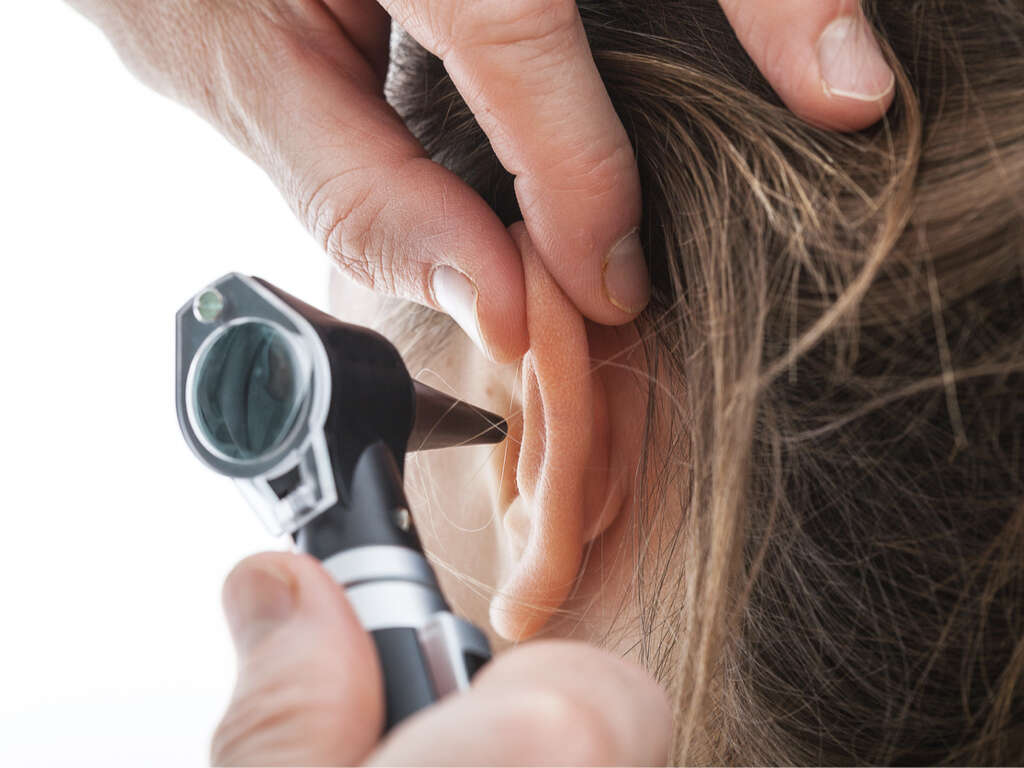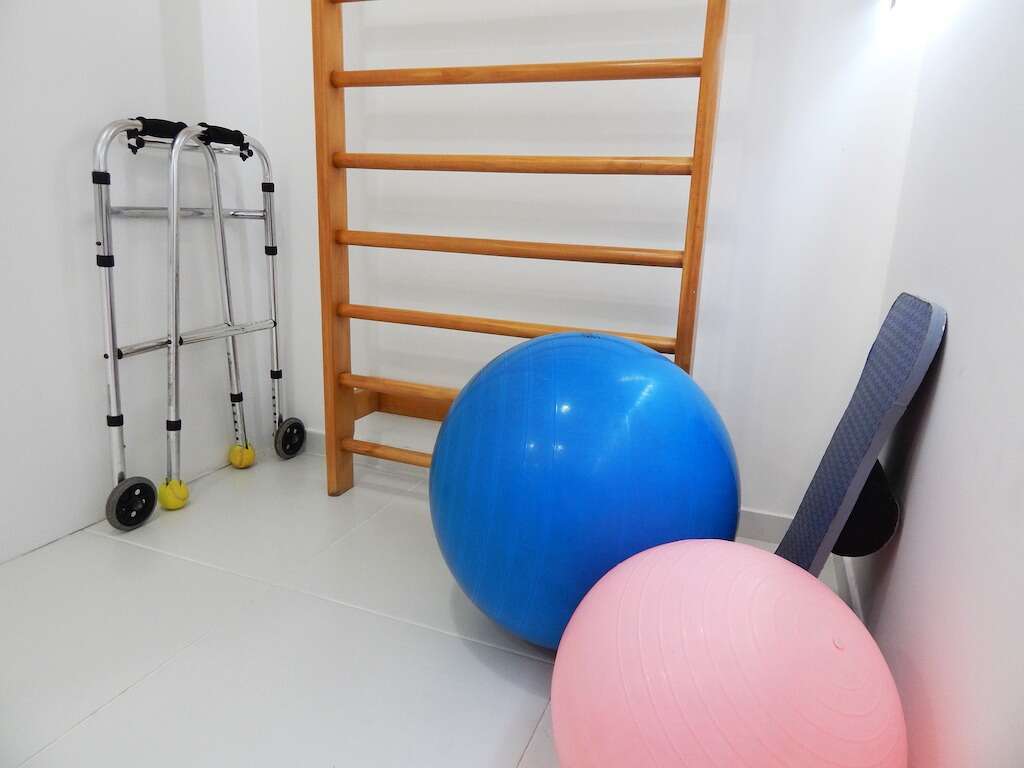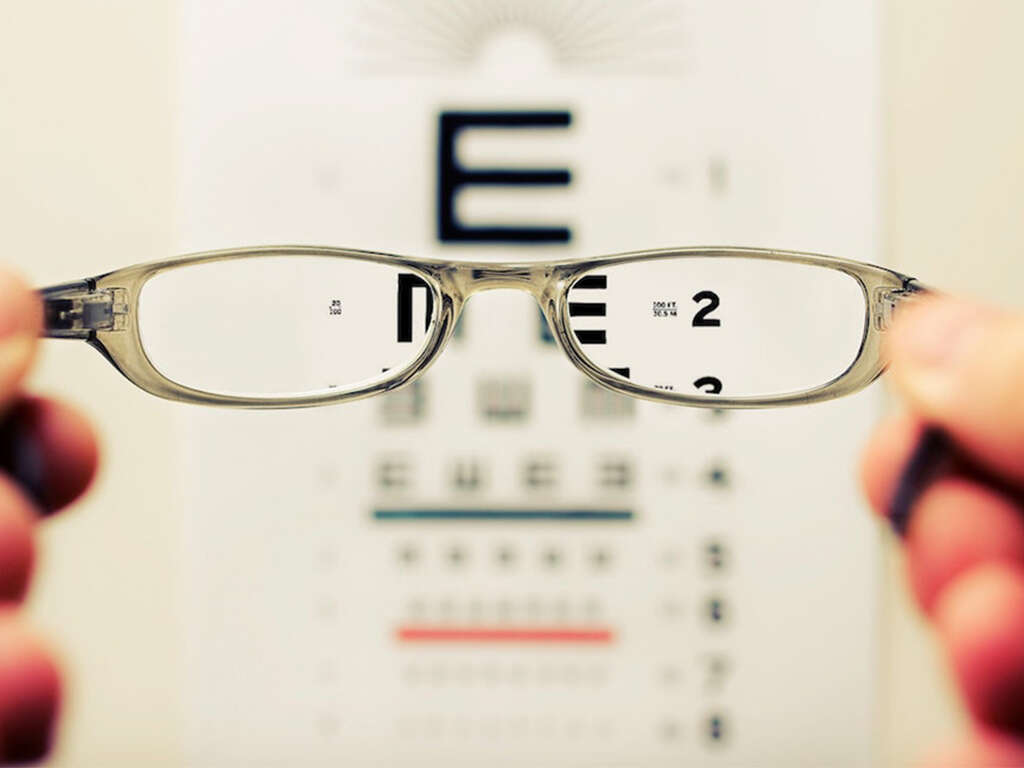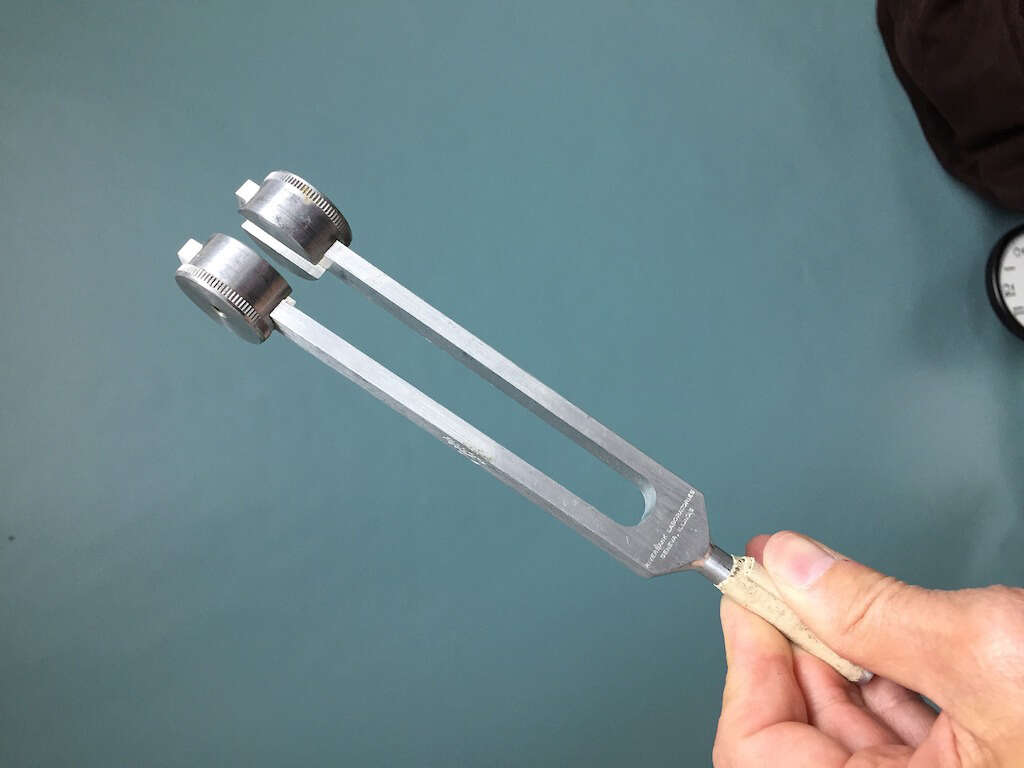What Is Meniere's Disease?
Inside our ears is a system of tubes that are connected to each other. In these tubes is a fluid, and this fluid also contains bubbles of air. As we move the bubbles also move, in much the same way the bubble moves in a spirit level. Tiny hairs help detect the movement of these bubbles and this system helps to tell us when we are sitting, or lying down, or making certain other movements.
If something was to go wrong with the ears, it might mean that our sense of balance is affected. It can also mean that our hearing is affected. Meniere’s disease is one example of a disease that can affect balance and hearing. It has the potential to cause serious damage, although treatment is available in many cases.
1. Overview
Meniere’s disease is a condition that affects the inner ear. It usually happens in young adults and middle-aged people, but it can happen at any age. It is a chronic condition, meaning the patient will have it in the long term, but it can be managed to help ensure the patient maintains a good quality of life.
The disease will only affect one ear, and it causes the patient to suffer from vertigo, which is a sensation that everything is spinning. Patients with Meniere’s disease will also often experience hearing loss. It is not usually a serious condition, but it can impact the patient’s life if left untreated, and complications will occur in a small number of cases.
2. Causes
Endolymph, which is also known as Scarpa’s fluid, is a type of fluid that is found in the inner ear. It appears as though Meniere’s disease is down to an abnormal volume of this fluid in the ear. It is not clear why or how this happens, but there are a few factors that could feasibly be behind it.
One of these is an abnormal immune response. Other potential factors include genetics, while certain viral infections can also be an underlying cause of the condition. It might also be because fluid is unable to drain from the ear as well as it usually would. This could be down to abnormalities in the ear, and it might also be down to something physically blocking the ear.
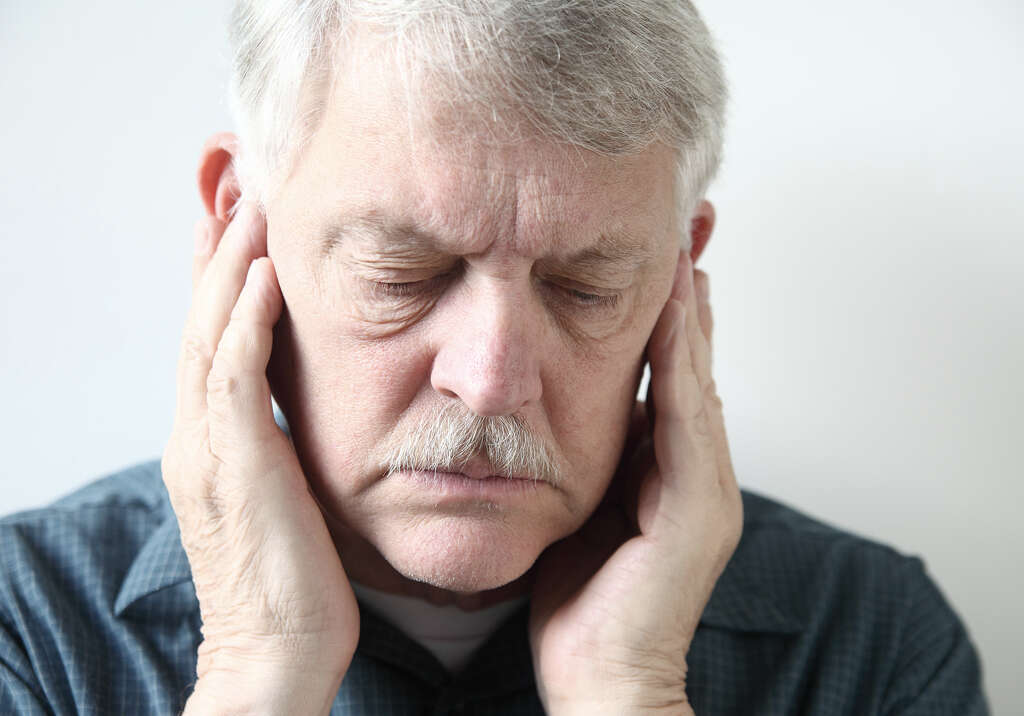
3. Vertigo
Among the most common symptoms of Meniere’s disease is vertigo. This is a condition where the patient will experience a sensation that everything around them is spinning. The sensation can last from 20 minutes, up to several hours. The symptom can start suddenly without warning, and it can also stop just as abruptly.
The sensation happens because the organs that help us to balance are affected. Vertigo will also sometimes cause the patient to become nauseous. Attacks of vertigo can make it very difficult for the patient to do anything, and severe cases can have a considerable negative impact on the quality of the patient’s life.
4. Tinnitus
Tinnitus is a sensation where the patient has the sensation of a ringing sound in their ear. It is sometimes compared to the sound somebody experiences after taking a blow to the head or after having heard a very loud noise. In addition to a ringing sensation, the patient may also experience hissing, buzzing, roaring, or whistling.
The severity of tinnitus can vary significantly. For some, it will be very mild and the patient will barely even notice it. For others, the sensation can be much louder and it can be overbearing. Severe tinnitus can have a severe impact on the patient’s quality of life in the more severe cases.
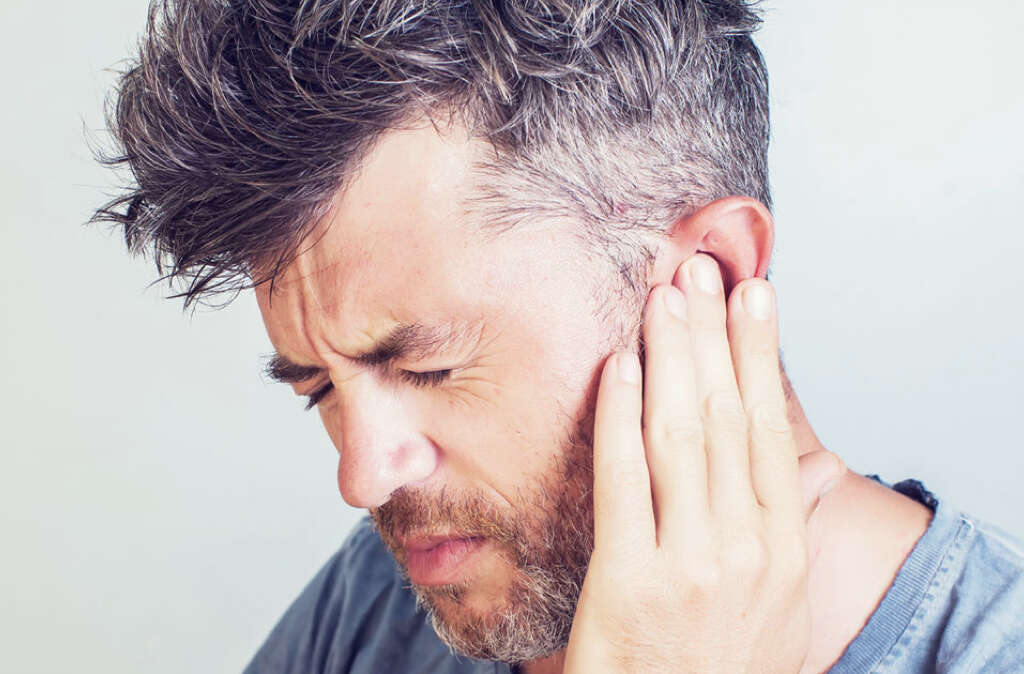
5. Hearing Loss
In addition to giving us a sense of balance, our ears are also important because they allow us to hear. Thus it follows that if we were to develop problems with our ears that we may also begin to lose our sense of hearing. This is a symptom that many people with Meniere’s disease are likely to develop.
Patients with Meniere’s disease can find that hearing loss develops gradually, and that it tends to come and go. This erratic nature of hearing loss tends to be found early on in the condition. As time goes by, the patient can find that hearing loss becomes permanent.
6. Aural Fullness
If you have flown, or changed altitude quickly in some other way, you will likely have experienced aural fullness. It is the sensation of fullness in your ear, and it is a result of a difference in air pressure between your inner ear and outside of your head.
When it happens as a result of altitude changes, yawning will usually help to equalize the air pressure, thus causing the symptom to go away. Depending on the cause, however, removing the symptom is not necessarily as easy as just yawning. Patients with Meniere’s disease can experience aural fullness and removing the symptoms is not easy.

7. Complications
As mentioned, Meniere’s disease will cause permanent hearing loss in some cases. The degree to which their hearing is lost can vary, and it will mean complete hearing loss in some cases. This will obviously cause considerable disruption to the patient and their way of life.
Other potential complications include injuries caused by vertigo. Cases of vertigo can make it very easy for the patient to fall and potentially serious injuries can happen as a result. It is recommended that people with vertigo remain seated or lying down during an attack, but this is often just not practical, especially if the symptom lasts for hours.
8. Diagnosis
After a brief physical exam and asking some questions about your medical history, your doctor will likely need to refer you to a specialist. This will include tests that will help to rule out the possibility of other symptoms. Tests that will help to diagnose Meniere’s disease will include balance tests, and hearing tests.
Doctors may also want to use imaging technology to get a look at what is happening inside the patient’s ears. This includes posturography which helps experts determine which parts of their balance apparatus the patient uses most. Electrocochleography can also be used, which helps experts look for an abnormal buildup of fluids.
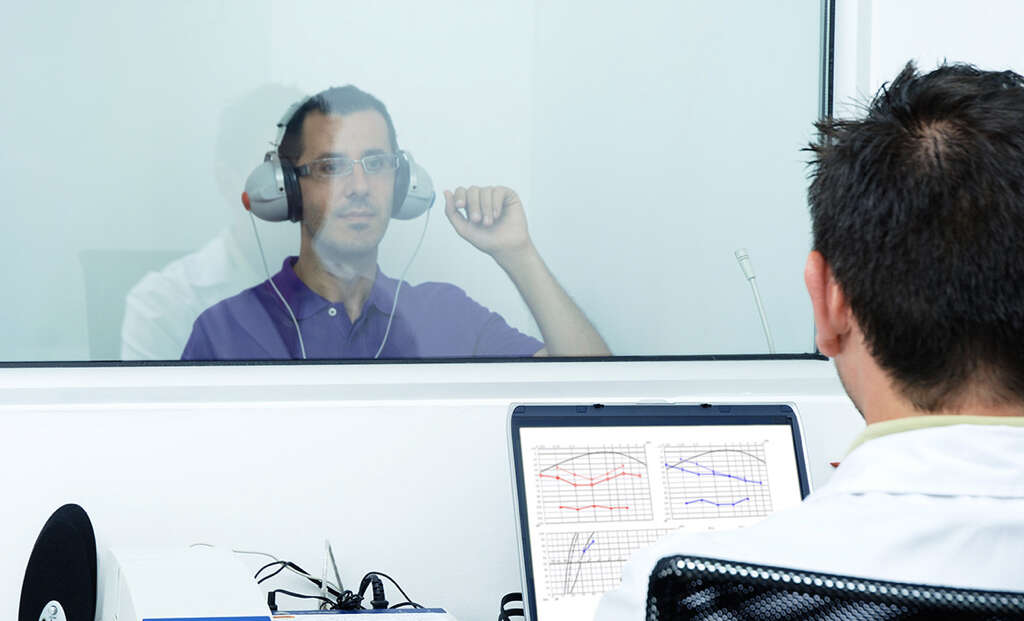
9. Medication
There is no known cure for Meniere’s disease, but there is medication that can help to ease the severity of the symptoms. This includes medications that will help to ease nausea, while motion sickness medication can also help to ease the symptoms. The patient may need to continue using medication for the rest of their lives.
Noninvasive treatments also include a Meniett pulse generator which helps to reduce the build up of fluids in the inner ear. There is also vestibular rehabilitation therapy which can help improve the patient’s balance, and the patient may also be fitted with a hearing aid to help improve their hearing.
10. Surgery
Surgery may be an appropriate treatment for Meniere’s disease in the more severe cases. This will sometimes involve a vestibular nerve section. This is a procedure that involves cutting the nerve that connects the brain with the organs that helps us to balance. This can prevent hearing loss and also correct vertigo.
And endolymphatic sac procedure is another option that involves decompressing the andolymphatic sac, which will help to reduce fluid levels in the ear. A labyrinthectomy may also be performed which involves removing the part of the inner ear that is responsible for balance. This will also leave the patient unable to hear, so it is only used as a last resort solution and when the patient has already lost their hearing.




